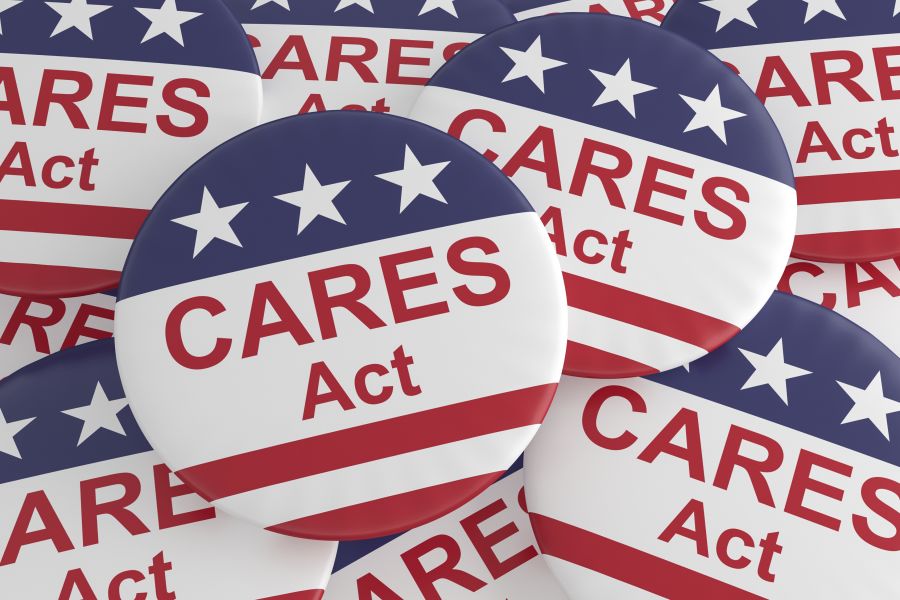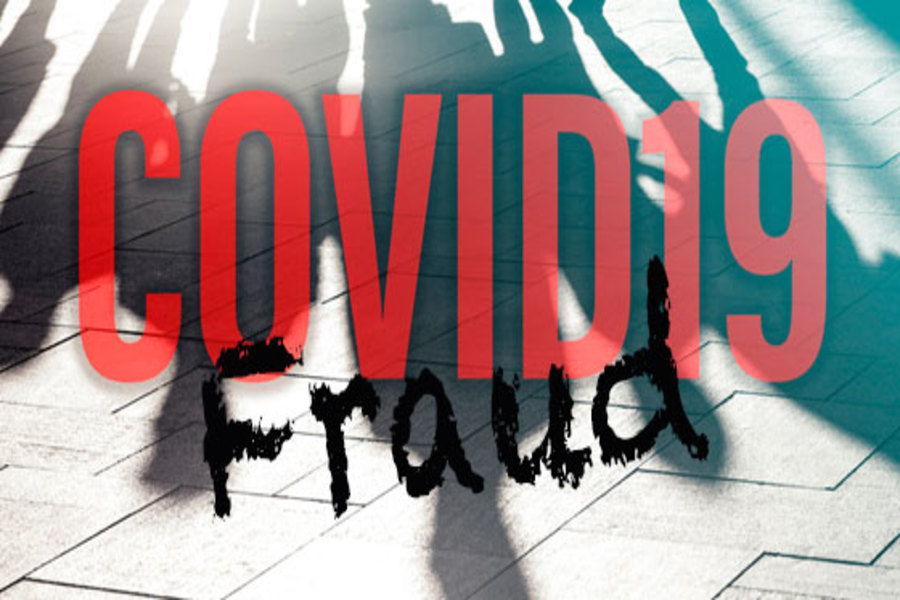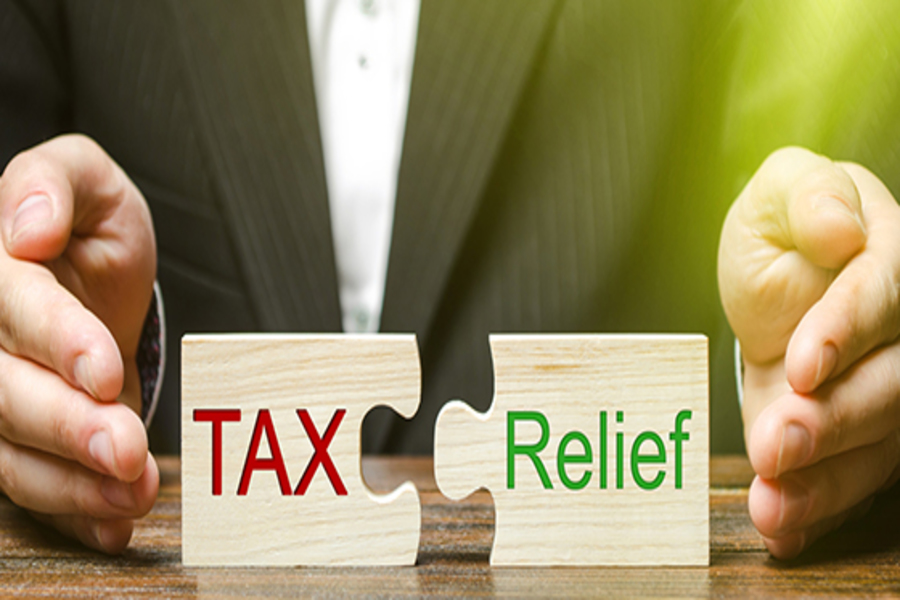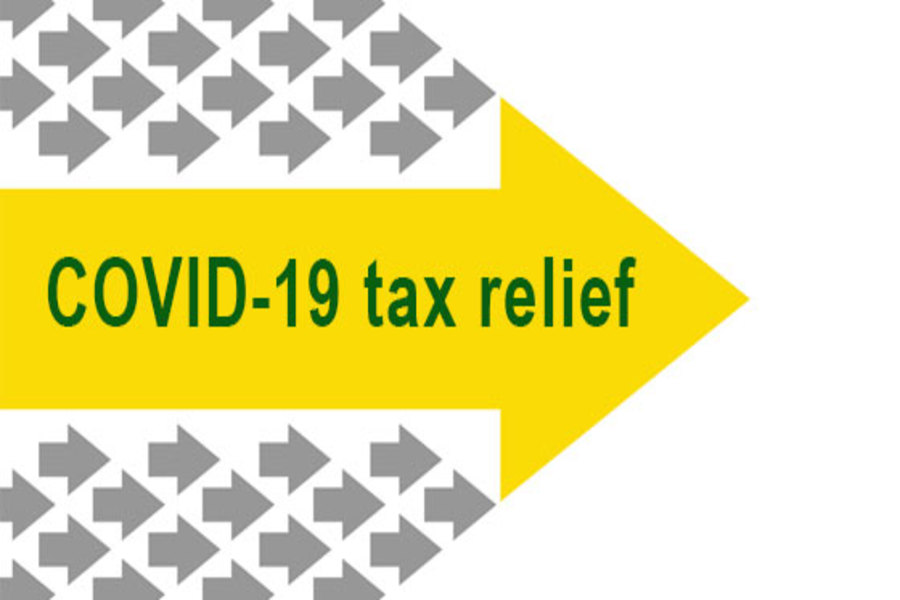On March 27, the President signed into law the Coronavirus Aid, Relief, and Economic Security Act (CARES Act, PL 116-136). Among other provisions, the CARES Act contains several new SBA loan and debt relief programs, including the: Paycheck Protection Program, Economic Injury Disaster Loans, and SBA debt relief, for the self-employed, independent contractors, and small and large businesses suffering economic damage from the Coronavirus (COVID-19) outbreak. The Small Business Administration (SBA) has a new website called Coronavirus (COVID-19): Small Business Guidance and Loan Resources. The new website includes information on the aforementioned new SBA programs that were enacted as part of the CARES Act, as well as information on the following SBA Express Bridge Loans and other guidance/resources: SBA Express Bridge Loan Pilot Program SBA Economic Injury...

This post provides expanded coverage of the CARES Act, Congress’s gigantic economic stimulus package that the President signed into law on March 27, 2020. PROVISIONS AFFECTING INDIVIDUALS Recovery rebates for individuals To help individuals stay afloat during this time of economic uncertainty, the government will send up to $1,200 payments to eligible taxpayers and $2,400 for married couples filing joints returns. An additional $500 additional payment will be sent to taxpayers for each qualifying child dependent under age 17 (using the qualification rules under the Child Tax Credit). Rebates are gradually phased out, at a rate of 5% of the individual’s adjusted gross income over $75,000 (singles or marrieds filing separately), $122,500 (head of household), and $150,000 (joint). There is no income floor or ‘‘phase-in’’—all recipients who are under...
The Coronavirus Aid, Relief, and Economic Security (CARES) Act signed by President Trump on 3/27/2020 provides a variety of tax and financial relief measures to help Americans during the Coronavirus (COVID-19) pandemic. This post explains some of the CARES Act tax relief for individuals. Individual cash payments Under the new law, an eligible individual will receive a cash payment equal to the sum of: $1,200 ($2,400 for eligible married couples filing jointly) plus $500 for each qualifying child. Eligibility is based on adjusted gross income (AGI). Individuals who have no income, as well as those whose income comes entirely from Social Security benefits, are also eligible for the payment. The AGI thresholds will be based on 2019 tax returns, or 2018 returns if you haven’t yet filed your 2019...
On 3/27/20, President Trump signed into law another coronavirus (COVID-19) law. The CARES Act provides more tax relief for businesses employers. Here are some of the tax-related provisions in the Coronavirus Aid, Relief, and Economic Security Act. Employee retention credit The new law provides a refundable payroll tax credit for 50% of wages paid by eligible employers to certain employees during the COVID-19 crisis. Employer eligibility. The credit is available to employers with operations that have been fully or partially suspended as a result of a government order limiting commerce, travel or group meetings. The credit is also provided to employers that have experienced a greater than 50% reduction in quarterly receipts, measured on a year-over-year basis. The credit isn’t available to employers receiving Small Business Interruption Loans under...
If you’re getting ready to file your 2019 tax return, and your tax bill is higher than you’d like, there may still be an opportunity to cut your tax bill with IRAs. If you qualify, you can make a deductible contribution to a traditional IRA right up until the 2020 filing date and benefit from the resulting tax savings on your 2019 return. Do you qualify? You can make a deductible contribution to a traditional IRA if: You (and your spouse) aren’t an active participant in an employer-sponsored retirement plan, or You (or your spouse) are an active participant in an employer plan, and your modified adjusted gross income (AGI) doesn’t exceed certain levels that vary from year-to-year by filing status. For 2019, if you’re a joint tax...
(This is Blog Post #774)...
As governments around the globe mobilize to defend their populations from the novel coronavirus, criminals are also mobilizing — using COVID-19 to fleece Americans. These opportunists have already found ways to use the fear and chaos associated with the pandemic to enrich themselves. But you can protect yourself and your business. Ripe opportunity Phishing emails that promise valuable information about the virus have been circulating for weeks. Fake COVID-19 websites loaded with malware have also popped up everywhere. And as many Americans start working from home, often on vulnerable home networks and devices that lack the latest security updates, hacking incidents are becoming more common. The federal government’s plan to send checks to Americans to help boost the economy will almost certainly bring scammers out in force. The...
The IRS and Congress have responded with some Coronavirus tax relief for individuals. Taxpayers now have more time to file their tax returns and pay any tax owed because of the coronavirus (COVID-19) pandemic. The Treasury Department and IRS announced that the federal income tax filing due date is automatically extended from April 15, 2020, to July 15, 2020. Taxpayers can also defer making federal income tax payments, which are due on April 15, 2020, until July 15, 2020, without penalties and interest, regardless of the amount they owe. This deferment applies to all taxpayers, including individuals, trusts and estates, corporations and other non-corporate tax filers as well as those who pay self-employment tax. They can also defer their initial quarterly estimated federal income tax payments...
Businesses across the country are being affected by the worldwide pandemic. Fortunately, Congress recently passed Coronavirus tax relief for small businesses. In a separate development, the IRS has issued guidance allowing taxpayers to defer any amount of federal income tax payments due on April 15, 2020, until July 15, 2020, without penalties or interest. New law On March 18, the Senate passed the House's Coronavirus bill, the Families First Coronavirus Response Act. President Trump signed the bill that day. It includes: Paid leave benefits to employees, Tax credits for employers and self-employed taxpayers, and FICA tax relief for employers. Tax filing and payment extension In Notice 2020-18, the IRS provides relief for taxpayers with a federal income tax payment due April 15, 2020. The due date for making federal income...
(Part 1) Posted to the Peak Prosperity YouTube Channel on March 22, 2020 (Part 2) Posted to the GoldSilver.com YouTube Channel on March 22, 2020 Part 1 - Financial Armageddon (Run Time: 21 min, 04 sec) Part 2 - Is it Too Late for Gold & Silver? (Run Time: 19 min, 35 sec) Join Mike Maloney (GoldSilver.com) and Chris Martenson (Peak Prosperity) in this two-part discussion of the ‘financial armageddon’ taking place in markets, along with information on how they are investing and protecting themselves financially during this crisis. (This is Blog Post #770) Chris Martenson, is a former American biochemical scientist and Vice President of Science Applications International Corporation. Currently he is an author and trend forecaster interested in macro trends regarding the economy, energy composition and the environment at his site, www.peakprosperity.com. Michael Maloney, founder...
- 1
- 2
- 3
- 4
- 5
- 6
- 7
- 8
- 9
- 10
- 11
- 12
- 13
- 14
- 15
- 16
- 17
- 18
- 19
- 20
- 21
- 22
- 23
- 24
- 25
- 26
- 27
- 28
- 29
- 30
- 31
- 32
- 33
- 34
- 35
- 36
- 37
- 38
- 39
- 40
- 41
- 42
- 43
- 44
- 45
- 46
- 47
- 48
- 49
- 50
- 51
- 52
- 53
- 54
- 55
- 56
- 57
- 58
- 59
- 60
- 61
- 62
- 63
- 64
- 65
- 66
- 67
- 68
- 69
- 70
- 71
- 72
- 73
- 74
- 75
- 76
- 77
- 78
- 79
- 80
- 81
- 82
- 83
- 84
- 85
- 86
- 87
- 88
- 89
- 90
- 91
- 92
- 93
- 94
- 95
- 96
- 97
- 98
- 99
- 100
- 101
- 102
- 103
- 104
- 105
- 106
- 107
- 108
- 109
- 110
- 111
- 112
- 113
- 114
- 115
- 116
- 117
- 118
- 119
- 120
- 121
- 122
- 123
- 124
- 125
- 126
- 127
- 128
- 129
- 130
- 131
- 132
- 133
- 134
- 135
- 136











